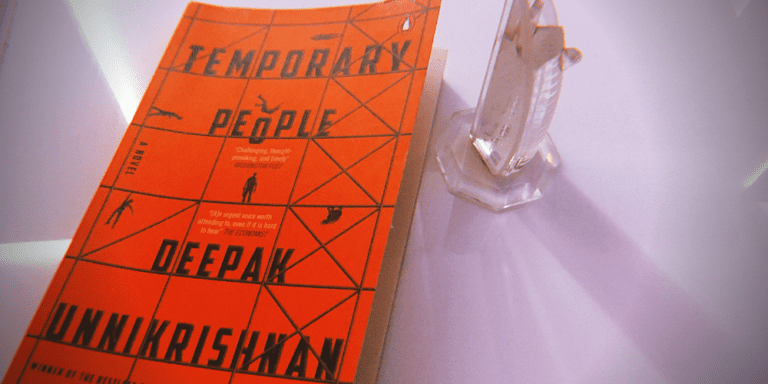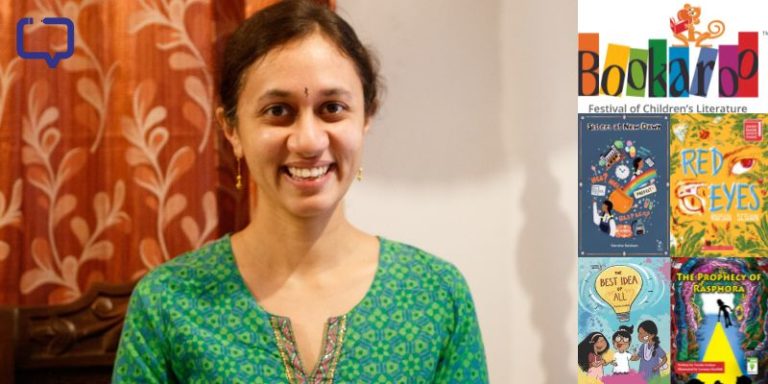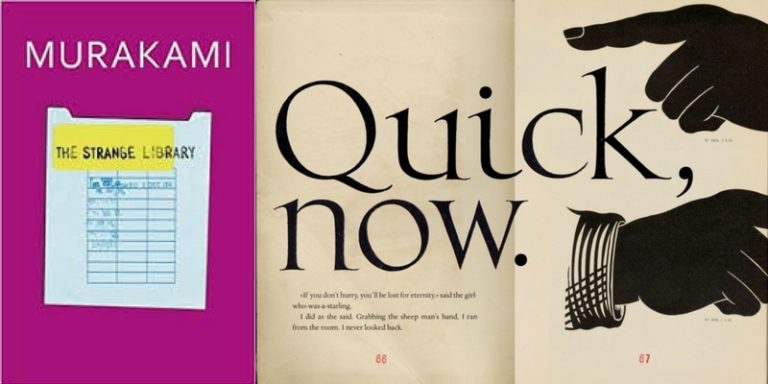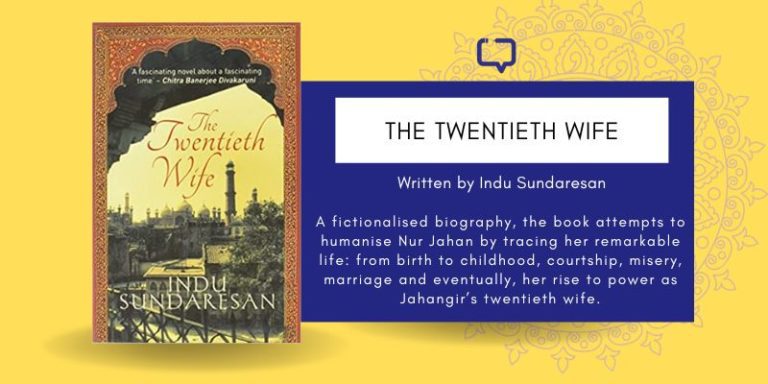Sakhi Gundeti reviews Desperately Seeking Shah Rukh: India’s Lonely Young Women and the Search for Intimacy and Independence by Shrayana Bhattacharya (published by HarperCollins India, 2021).
The title of the book, Desperately Seeking Shah Rukh, makes it sound like an SRK fan wrote about his films and his characters, which is somewhat true. But it’s more about his impact on Indian women from different parts of the country and various socio-economic backgrounds. The book is an insightful study of how films and their characters affect a large population’s aspirations, desires, and ideas about love. Shrayana Bhattacharya emphasizes the difference between the characters played by Shah Rukh Khan and the kind of men women in our country come across, in their real lives.
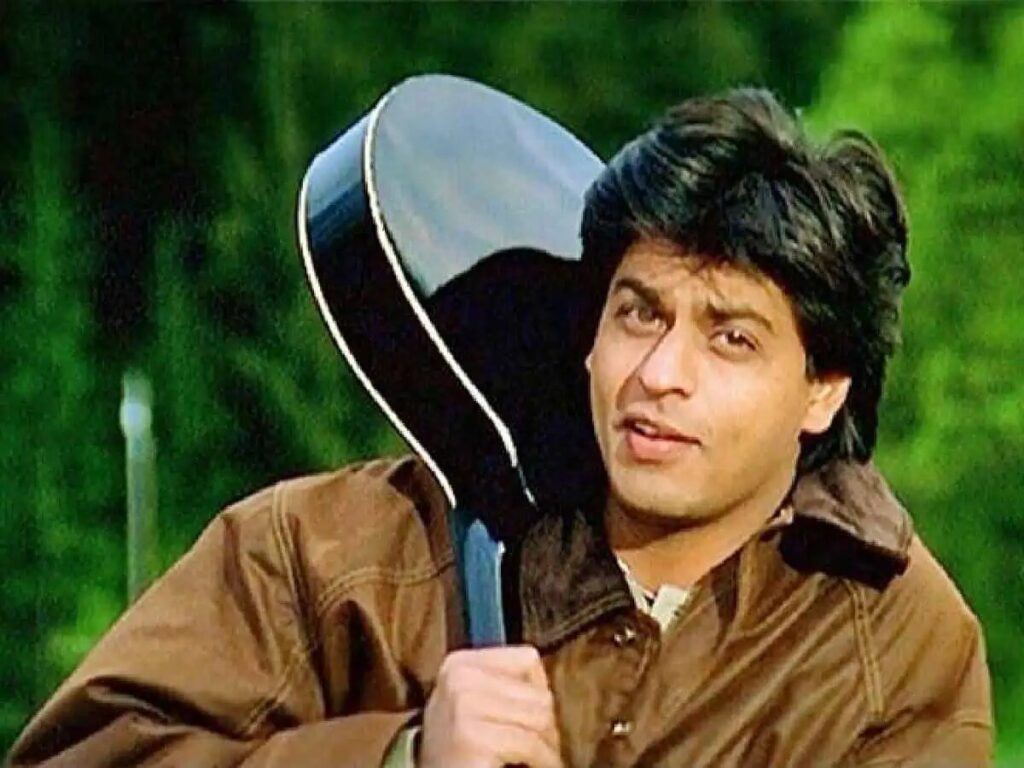
To borrow language from a 1987 Amartya Sen article on gender relations within the household, women have become ‘habituated to inequality’. Consequently, we have failed ourselves, teaching ourselves to accept being treated as inferior in public and private life. The preference for and quasi-deification of male babies, for instance, remains rampant amongst men and women.
We are active participants in discriminating against our own sex—be it how poorly we pay women from lower castes for their labour to how unfairly we survey ourselves and other women; the amount we feed girl infants compared to how we feed the male ego; how we socialize our daughters to prime themselves for the male gaze and become subservient in their own homes.
– Shrayana Bhattacharya, Desperately Seeking Shah Rukh
Love, Loss, and Shah Rukh: Relationships Under Bollywood’s Influence
Shrayana Bhattacharya starts with her romantic disappointments and how she turned towards SRK after her breakup with someone she considered to be The One, the idealized version of a partner, the idea of which was instilled in the author’s mind through romantic films. She found herself clinging to him even though he had mistreated her several times during their relationship. The feminist inside her kept tolerating this despite knowing it was wrong. But she wasn’t alone. She observed this with educated, independent women she interviewed from different cities and how they also kept being ironic in their romantic lives.
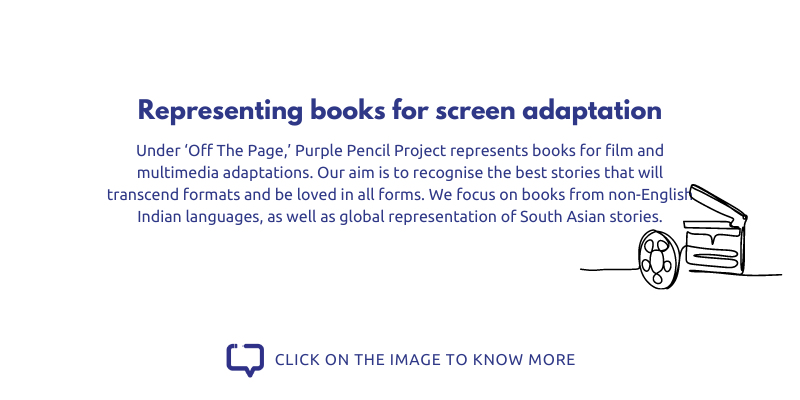
She then discusses how the portrayal of women in films over the years has changed based on their increased income and exposure to more opportunities. While many of the women interviewed by Shrayana weren’t in the workforce because they got married and had kids or were not allowed to work, a few stayed at home for a different reason.
It’s called the “discouraged worker effect,” where women discontinue working professionally if their husbands are earning well. For them, the advantages of staying at home outweighed that of working professionally. It’s a gendered problem, as men don’t stop working if their partners are earning well enough.
Income, Opportunity, and Cinema: The Evolution of Female Roles
The kind of opportunities and freedom Indian women get depends on multiple factors, such as their caste, their economic status, where they come from, and the intersectional privilege that comes from all these factors. Thus, women’s involvement in the workforce is also a product of social-economic intersectionality.
At the same time, it’s interesting to note how similar the experiences of women across the country are despite their varying backgrounds. An uneducated, rural woman might have the same freedom and may encounter the same kinds of men as an educated, privileged woman.
For some women, Shah Rukh Khan’s films were escapes from their lives. They provided an opportunity to fantasize about the possibility of finding someone who cared about them the way his characters cared for their partners. To others, the fact that he made it big on his own made them admire and respect him, irrespective of their opinions about his films.
It gave them the hope that they, too, could do something on their own. His success was a proof of that.
Favourite Quote from Desperately Seeking Shah Rukh by Shrayana Bhattacharya
Good women are supposed to surrender their wages to their in-laws or husbands. Good women are supposed to save for their families. Good women are not supposed to visit cinema halls alone, and certainly not blow up their savings on fangirling. Many faced violent hostility for merely watching a film without seeking permission from their parents, husbands or in-laws.
When I asked these women why they persisted with such costly fandom, their answer was simple: ‘We love Shah Rukh, to hell with what our families think.’ Their love stories are acts of courage and defiance. They love a man who can never be attained—my modern-age Meeras.
Recommended Reading: A Revolutionary Vision in Motion: Satyajit Ray’s Iconic Cinematic Legacy
Conclusion
Desperately Seeking Shah Rukh gets a little repetitive sometimes as Shrayana Bhattacharya talks about the same ideas in different chapters, like how most women in the book end up meeting similar kinds of men, which isn’t necessarily representative of the entire male population of our country. Yet, it’s a must-read for anyone interested in digging deeper into what it means to be a woman in India. Moreover, it is a great tool to become a better, more informed feminist.
The annexure at the end of the book is something to look forward to as it provides shocking statistics about work and labour force participation, education, and female voices in Hindi films over the years.
Have you read this insightful book about Shah Rukh Khan’s fascinating impact on Indian women’s lives? We’d love to hear your thoughts in the comments below!











